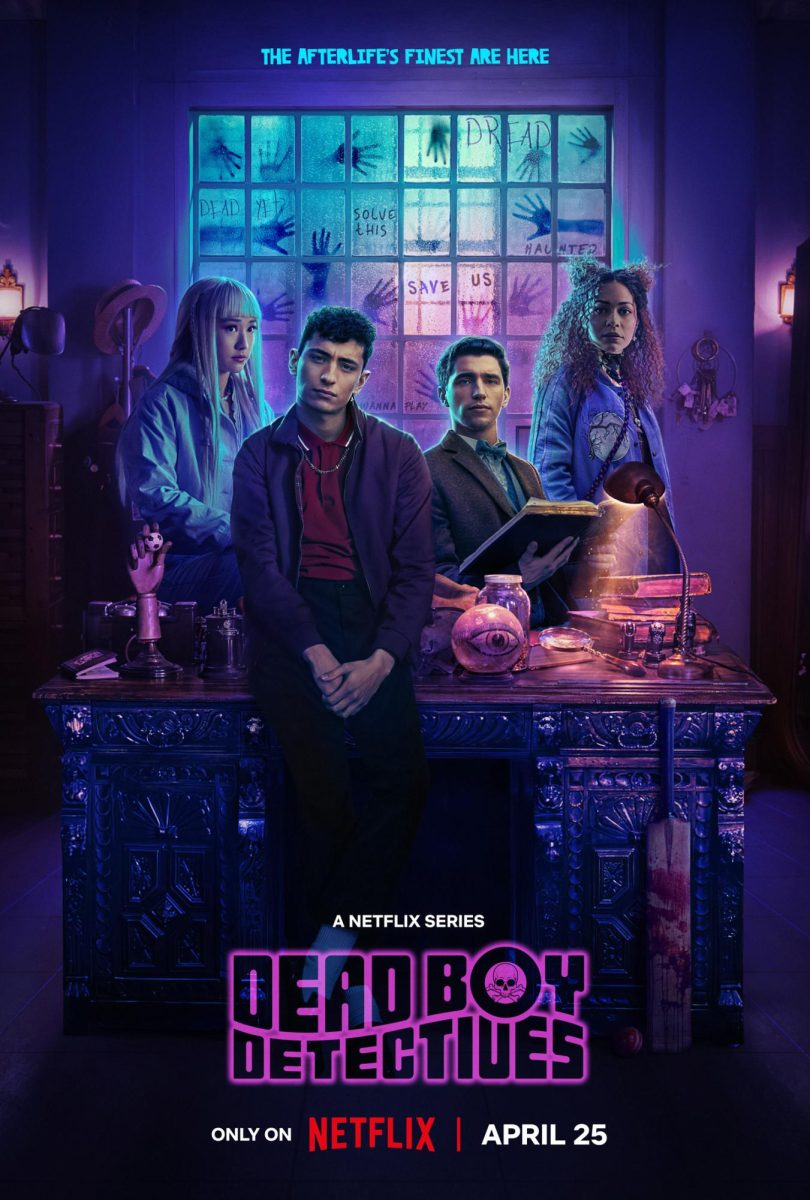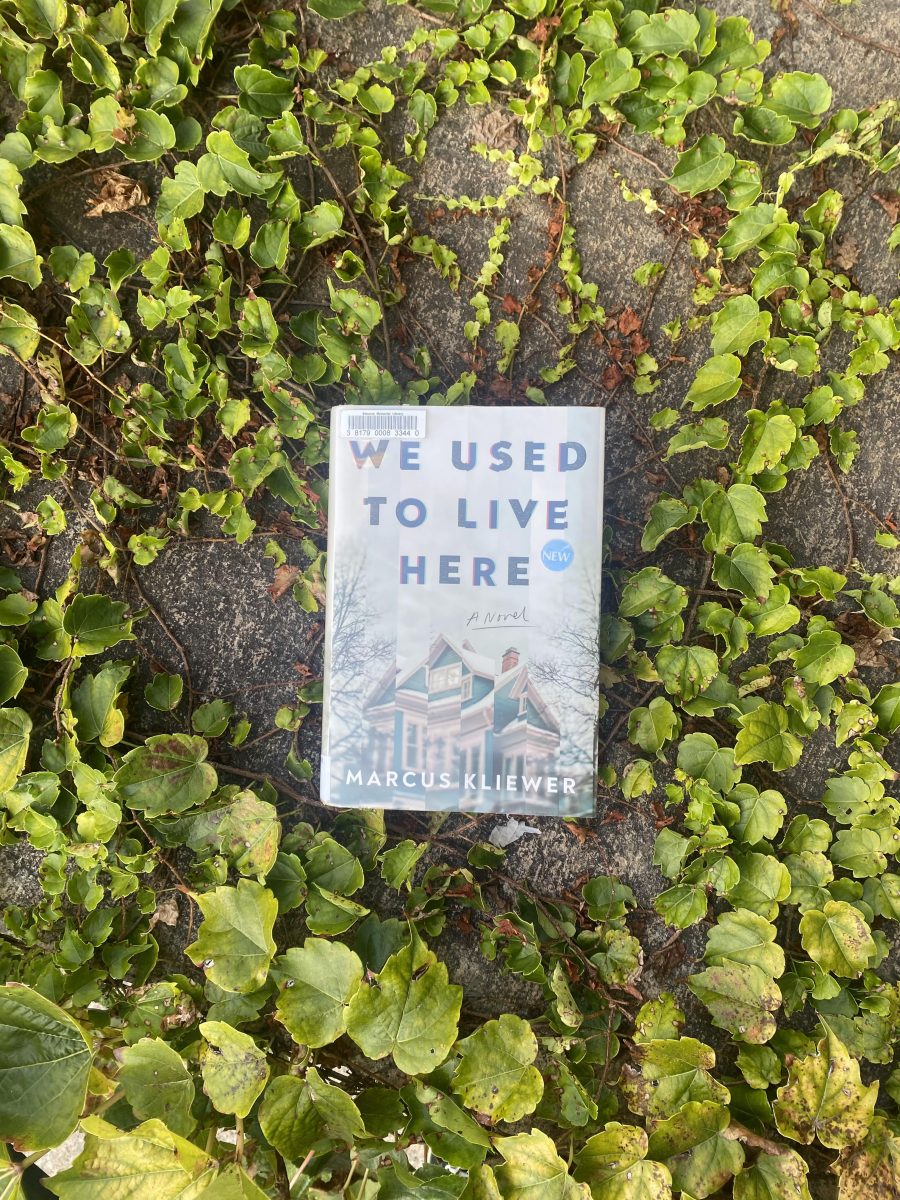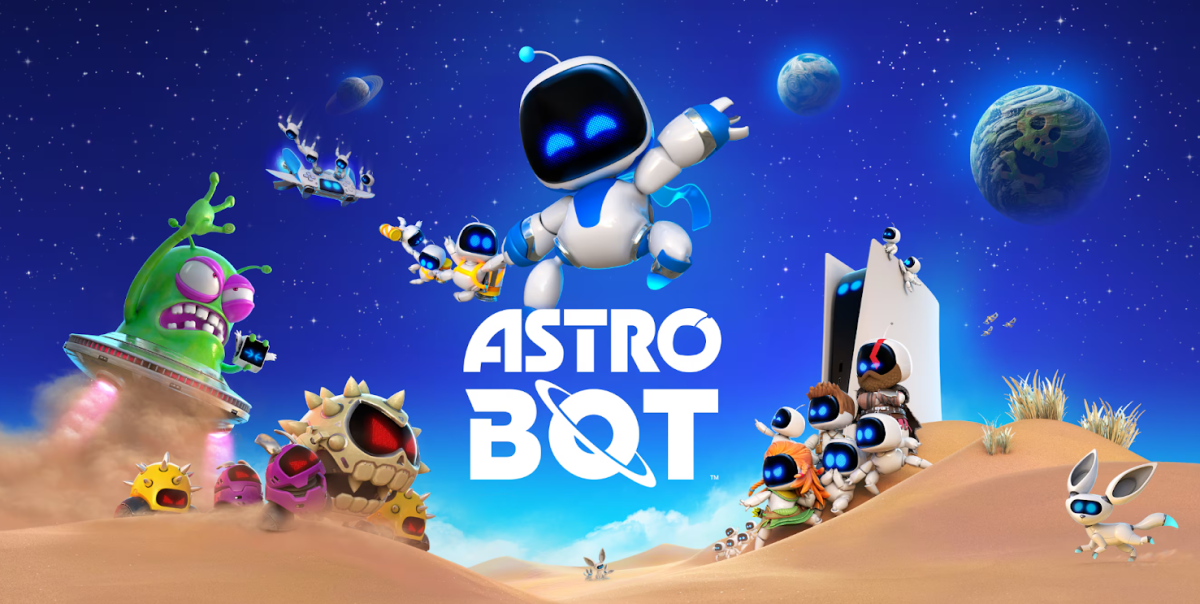By Michael Osborn
This year from Sept. 27 to Oct. 3, it is time to remember what was once hidden from us; it is Banned Books Week. Much like each book has its own story to share, each English Studies professor here at Fitchburg State has thoughts  on the subject. While they agree that books should not be banned, they have mixed views on how to teach banned books.
on the subject. While they agree that books should not be banned, they have mixed views on how to teach banned books.
“I like Banned Books Week because it calls our attention to not just official censorship that has happened in public places like public libraries and school libraries, but hopefully it reminds us of other forms of government censorship and persecution of people who had dissenting views or opinions throughout our history,” said Dr. Joseph Moser, a professor who specializes in teaching film criticism.
Meanwhile, other professors have thoughts on the subject matter when it comes to banning books. “I don’t believe in banning books, even ones that might be horrendous, simply because we shouldn’t be afraid of ideas,” said Dr. Steven Edwards, a professor who specializes in teaching professional writing. “We have free speech, freedom of the press … we should be a vital enough group of people that can take on the challenges of incendiary piece of writing,” he continued. “Maybe if it inspires to say why we find it so offensive or why we find the ideas lacking, then it could actually have a benefit.”
Dr. Benjamin Railton, a professor that who specializes in teaching American literature, similarly says, “There are works that we need to read critically and that if you don’t read them critically, they can do things to you without you realizing it.” When describing this idea, Railton references “Gone With the Wind” to say that when someone is reading the book, “Without realizing it, what we’re getting is this really really troubling view of the world and of history … but again the book doesn’t seem like it’s about them.” Railton also focused on the subject of banning books as a whole. “The things we read for pleasure, we can also analyze and it doesn’t mean that you stop enjoying, it also means you that you don’t turn off the brain that is thinking,” he said. “We can’t ban anything, we definitely shouldn’t, but we also can’t ban is critical thinking and sometimes we do, especially with the things we love and I’m guilty of that too, I think everyone is.”
Moser shares the similar thought on this subject matter, when it comes to reading a book in general. “People should avoid books that don’t challenge them intellectually,” he said. “Reading should be a rigorous, challenging endeavor a lot of the time, but not all the time; we all have books that we read while we’re maybe lying in bed at night, so we might not want to read the darkest, heaviest material at that point.”
Another topic that arose was the thought behind the decisions made on what professors choose to teach. Dr. Patrice Gray, a professor who specializes in professional writing, describes how teaching certain books can be “dangerous” because emotions that can be sparked from reading a text can “trigger a horrible memory.” She told a story about how “A friend of mine taught ‘Huckleberry Finn’ at a penitentiary. With the excessive use of the “N” word, it upset some of the prisoners and caused a riot. You need to keep in mind the unintended consequences when teaching emotionally dangerous books.”
Continuing with the subject matter of teaching about a book, Dr. Irene Martyniuk states, “I teach older texts, you run into the ‘N’ word, racists situations, and that never stops me from teaching a text. I choose texts based on what I think what’s important to the class … I wouldn’t not choose a novel, it’s certainly doesn’t mean that I won’t say to a class ‘I’m sorry that we have to deal with this’ and ‘I’m sorry if it makes you uncomfortable,’ but it’s historically accurate. On the other hand, I’m not going to teach something just to get a shock value … I teach difficult texts, like I teach ‘Heart of Darkness,’ which is filled with the ‘N’ word, and it’s hard that whole time period is so incredibly racist. I just taught Kipling, it’s so incredibly racist, but I can’t not teach them.”
However it is much more about over analyzing a given text or about the wording used within a given text, especially one that has been banned. There is so much more to that and Edwards sums up by stating, “Why do we choose books that we do for a given course? When we teach a class, when we teach a book, part of it will always be that discussion of why this one and not another one. Hopefully, if we’re being thoughtful and we’re interrogating ourselves as much as we interrogate our students, then it would make the question almost moot because hopefully the book is a way into talking about America or about culture, in addition to literature.”
Events on campus for Banned Books week include the Banned Book Symposium on Oct. 1 from noon to 5 p.m. in the library. The program will include presentations by scholars and authors from Fitchburg State and beyond. The symposium is part of a larger celebration and reflection on the work of Leominster-born author Robert Cormier.





